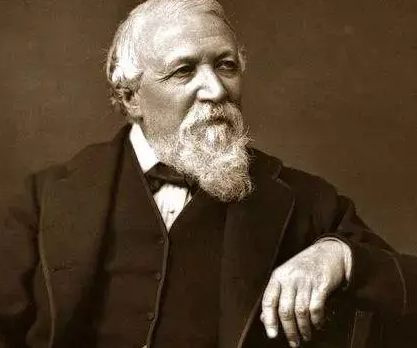Mount Tai, located in Shandong Province, China, has been known as the "Supreme among the Five Great Mountains" since ancient times. In ancient China, emperors often went to Mount Tai to perform the Fengshan ceremony, which aimed to demonstrate their legitimacy and pray for national prosperity and peace. However, during the Ming and Qing dynasties, emperors did not continue this tradition. Why was this the case, and did this affect the status of Mount Tai in people's hearts? This article will explore these questions.

Firstly, why did Ming and Qing emperors stop going to Mount Tai for the Fengshan ceremony? There are several reasons:
1. Political Stability: After the establishment of the Ming dynasty, Zhu Yuanzhang implemented a series of political reforms that gradually stabilized the country. Under such circumstances, emperors may have felt that there was no longer a need to demonstrate their legitimacy through the Fengshan ceremony on Mount Tai.
2. Changes in Religious Beliefs: With the development of religions such as Buddhism and Taoism, people's spiritual needs were met, and emperors may have felt that there was no longer a need to pray for divine protection through the Fengshan ceremony on Mount Tai.
3. Economic Burden: The Fengshan ceremony required a significant amount of manpower, material resources, and financial resources. During the Ming and Qing dynasties, the national finances were relatively strong, but emperors may have felt that it was unnecessary to bear such a heavy economic burden for the ceremony.
Secondly, did the status of Mount Tai in people's hearts decrease? Despite the fact that Ming and Qing emperors did not continue the Fengshan ceremony on Mount Tai, its status did not decline. Here are the reasons:
1. Cultural Inheritance: As one of the symbols of Chinese history and culture, the status of Mount Tai is deeply ingrained in people's hearts. Literary figures of the Ming and Qing dynasties still visited Mount Tai and wrote many poems describing its beauty, further promoting its cultural value.
2. Popular Tourist Destination: The natural and cultural landscapes of Mount Tai attracted a large number of tourists. During the Ming and Qing dynasties, Mount Tai gradually became a famous tourist destination, and people's respect and admiration for it continued to grow.
3. Religious Beliefs: Although emperors of the Ming and Qing dynasties no longer performed the Fengshan ceremony on Mount Tai, folk beliefs still existed. The deity of Mount Tai was worshipped as a protector of the nation and its people, and activities such as sacrificing and praying on Mount Tai remained popular.
In conclusion, the main reasons why Ming and Qing emperors stopped going to Mount Tai for the Fengshan ceremony were political stability, changes in religious beliefs, and economic burden. However, this does not mean that the status of Mount Tai in people's hearts decreased. On the contrary, as a symbol of Chinese history and culture, its status has been continuously inherited and promoted. Whether it is the praise of literary figures or the inheritance of folk beliefs, the status of Mount Tai in people's hearts has remained consistent.
Disclaimer: The above content is sourced from the internet and the copyright belongs to the original author. If there is any infringement of your original copyright, please inform us and we will delete the relevant content as soon as possible.
































